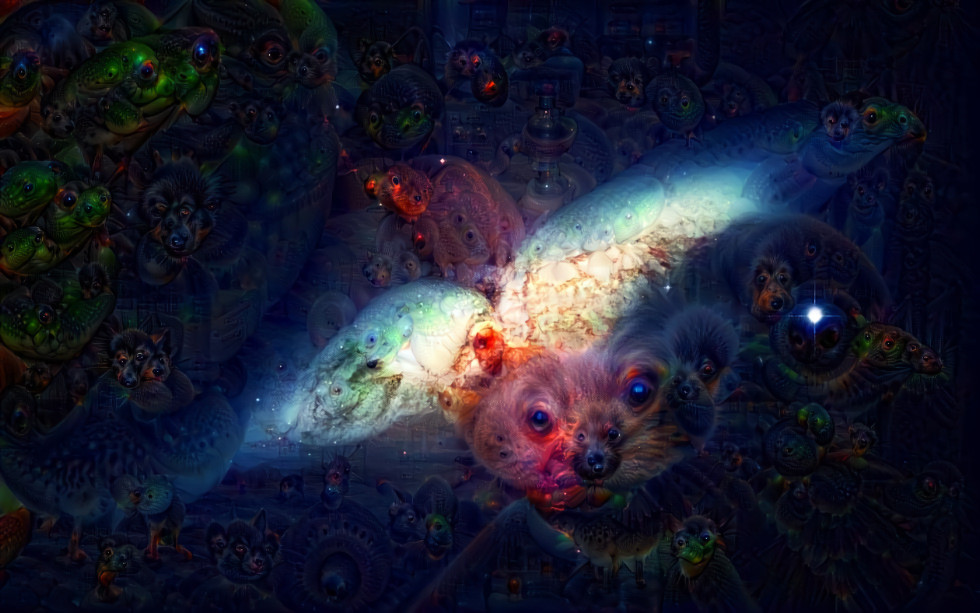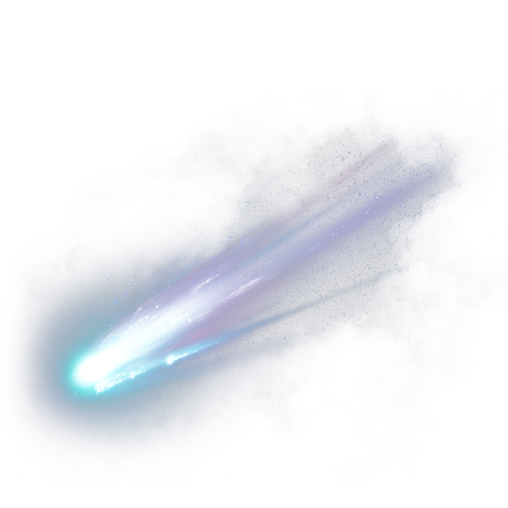Papadaki, L.. (2021). Schopenhauer on Death, Salvation and Consolation☆. Philosophical Investigations
Plain numerical DOI: 10.1111/phin.12307
DOI URL
directSciHub download
Show/hide publication abstract
“For schopenhauer, life is pain, and we are in need of a release from it. death offers this release and should therefore be considered as a good thing, something desirable, a friend. he is well aware, however, that it is far from easy to reconcile ourselves with the idea of death. the purpose of this paper is to navigate the path towards the possibility of consolation in schopenhauer’s philosophy. quite remarkably, schopenhauer is not only successful in consoling us for death; he also offers an equally important consolation for life.”
Young, J.. (2008). Schopenhauer, Nietzsche, death and salvation. European Journal of Philosophy
Plain numerical DOI: 10.1111/j.1468-0378.2008.00313.x
DOI URL
directSciHub download
Ramin, F.. (2019). Death in the philosophy of Mullā Sadrā and Schopenhauer. Asian Philosophy
Plain numerical DOI: 10.1080/09552367.2019.1698138
DOI URL
directSciHub download
Show/hide publication abstract
“Death as an inevitable reality is a subject of study in various philosophical schools. this concept can be reviewed within three realms: semantics, ontology, and epistemology. the objective of this article is to examine death within the ontological realm in the thoughts of mullā sadrā and schopenhauer, and it attempts to answer the question whether philosophical discussions on the concept of death in sadrā’s transcendental wisdom, despite differences in principles, methods, and objectives, are comparable to schopenhauer’s intellectual framework. using a descriptive-analytical approach, the present study first investigates the issue of death in the thought of both philosophers and then focuses on their comparative analysis. the findings of this study show that both philosophers believe in the dichotomy in the world, immortality of human nature after death, existence of suffering in the world, asceticism, austerity, love, and affection to all human beings. however, each of them analyzes and explains the issue of death within his own intellectual framework.”
Buller, А.. (2020). Man, nature, death of V.S. Solovyov and A. Schopenhauer. Solov’evskie Issledovaniya
Plain numerical DOI: 10.17588/2076-9210.2020.2.006-022
DOI URL
directSciHub download
Show/hide publication abstract
“In this article the question about the influence of the natural sciences on the philosophical concepts of arthur schopenhauer and vladimir solovyov was raised. the influence of kantian transcendental criticism on schopenhauer’s philosophy was studied. it was shown that this influence manifested itself very vividly in the schopenhauer concept of «will to live». it was established that the ontological status of man as a «phenomenon» had an impact both on schopenhauer’s concept of death and on his ethics of compassion. it was emphasized that the natural world plays an important role in soloviev’s philosophical concept. according to soloviev the nature of a person is determined by three needs: «animals, mental and heart», while the ontological basis of all these three needs is life, that is, the ability to «exist». it was indicated that the moral feelings of a person justified by soloviev – shame, conscience, pity, and reverence – are a kind of human «response» of a rational being to its natural instincts and needs. the parallels between the philosophical views of schopenhauer and solovyov were drawn. on the basis of this parallels it was concluded that, despite the significant differences in the worldview of these two very different thinkers in nature, their approach to philosophy was largely identical and was characterized by scientific objectivity, interdisciplinarity, the skill of argumentation, the sharpness of the mind, the desire to give reasonable answers to the «last questions» of philosophy.”
Jacquette, D.. (2000). Schopenhauer on the ethics of suicide. Continental Philosophy Review
Plain numerical DOI: 10.1023/A:1010080014855
DOI URL
directSciHub download
Show/hide publication abstract
“The concept of death is of special importance in schopenhauer’s metaphysics of appearance and will. death for schopenhauer is the aim and purpose of life, that toward which life is directed, and the denial of the individual will to life. despite his profound pessimism, schopenhauer vehemently rejects suicide as an unworthy affirmation of the will to life by those who seek to escape rather than seek nondiscursive knowledge of will in suffering. the only manner of self-destruction schopenhauer finds philosophically acceptable is the ascetic saint’s death by starvation. here the individual will to life is so completely mastered as to refuse even the most basic desire for nourishment, and thereby passes into nonexistence in complete renunciation of the individual will. schopenhauer’s attitude toward suicide nevertheless embodies an inconsistency. if, as schopenhauer believes, the aim of life is death, and death is an unreal aspect of the world as appearance, then there appears to be no justification why the philosopher should not rush headlong into it – not to affirm the will to life in an abject effort to avoid suffering, but in order to fulfill life’s purpose by ending it for distinctly philosophical reasons immediately upon arriving at an understanding of the appearance-reality distinction. © 2000 kluwer academic publishers.”
Jacquette, D.. (2007). Schopenhauer on Death. In The Cambridge Companion to Schopenhauer
Plain numerical DOI: 10.1017/ccol0521621062.010
DOI URL
directSciHub download
Show/hide publication abstract
“
we abhor death, and as nature does not lie and the fear of death is the voice of nature, there must yet be some reason for this.
schopenhauer
on death and life as dying
the concept of death is a fundamental adjunct of schopenhauer’s metaphysics of appearance and will. schopenhauer interprets death as the aim and purpose of life. he maintains that to live is to suffer, that the triumph of death is inevitable, and that existence is a constant dying. yet schopenhauer also insists that death is the denial of the individual will or will-to-live; that birth and death as events in the phenomenal world are alike unreal; that death is not complete annihilation; and that suicide, though not morally objectionable, is philosophically pointless because it affirms the will-to-live. the paradoxes in schopenhauer’s reflections on the nature of death must be understood in order to appreciate what he means by the empirical will in its relation to will as thing-in-itself in his unique brand of post-kantian idealism.
”
Singh, R. R.. (2016). Death, Contemplation and Schopenhauer. Death, Contemplation and Schopenhauer
Plain numerical DOI: 10.4324/9781315575971
DOI URL
directSciHub download





